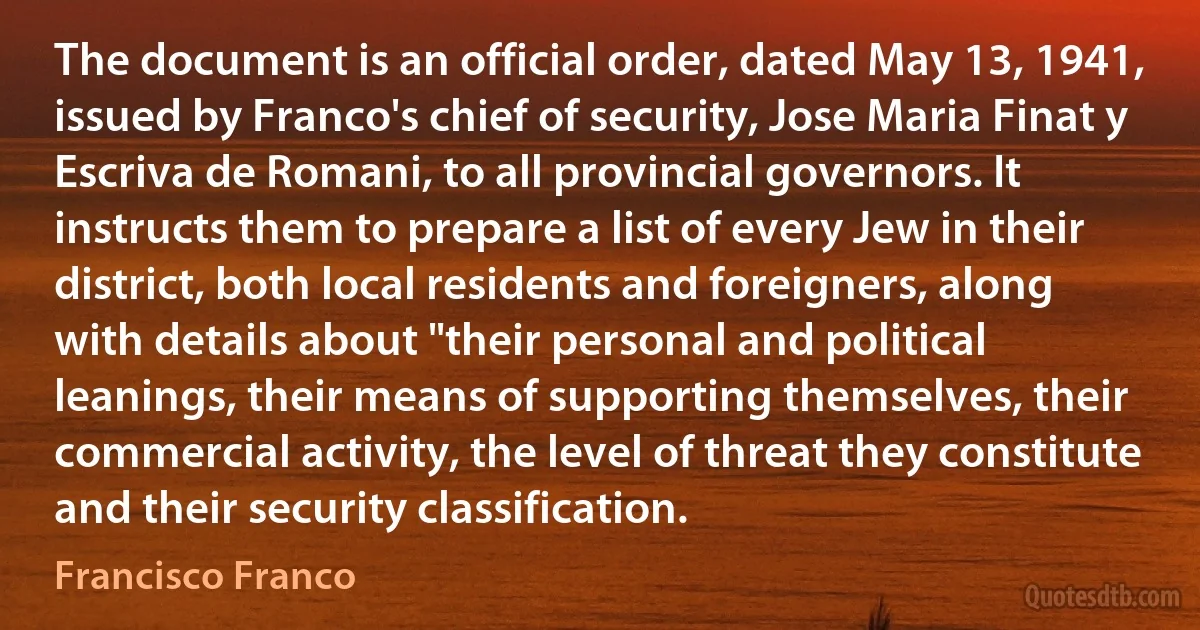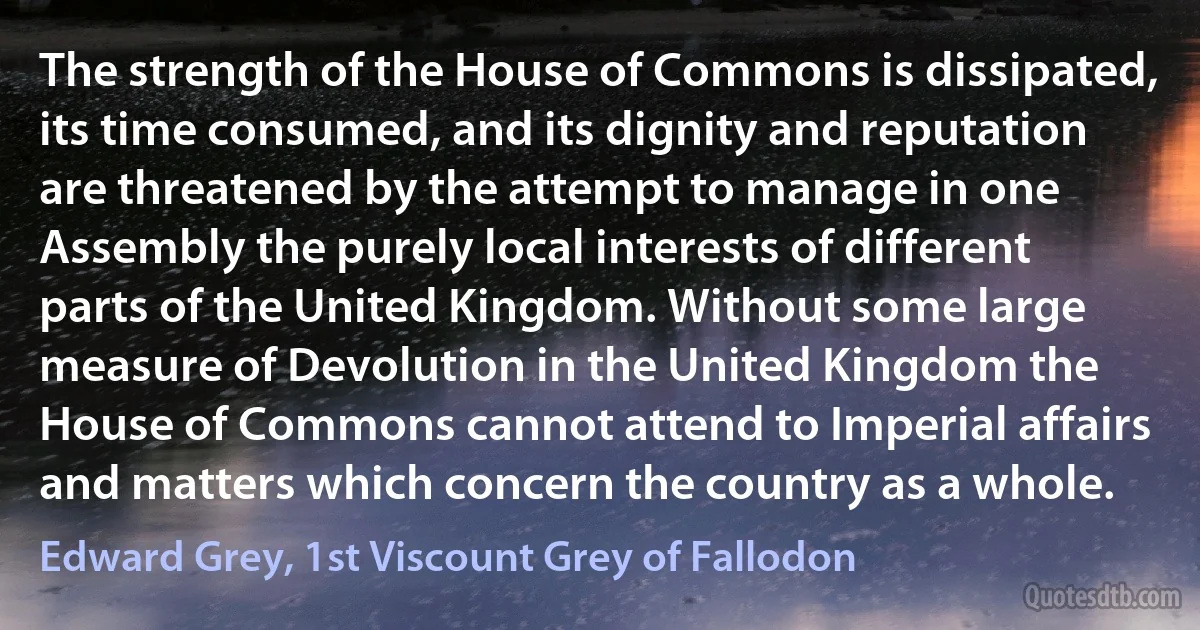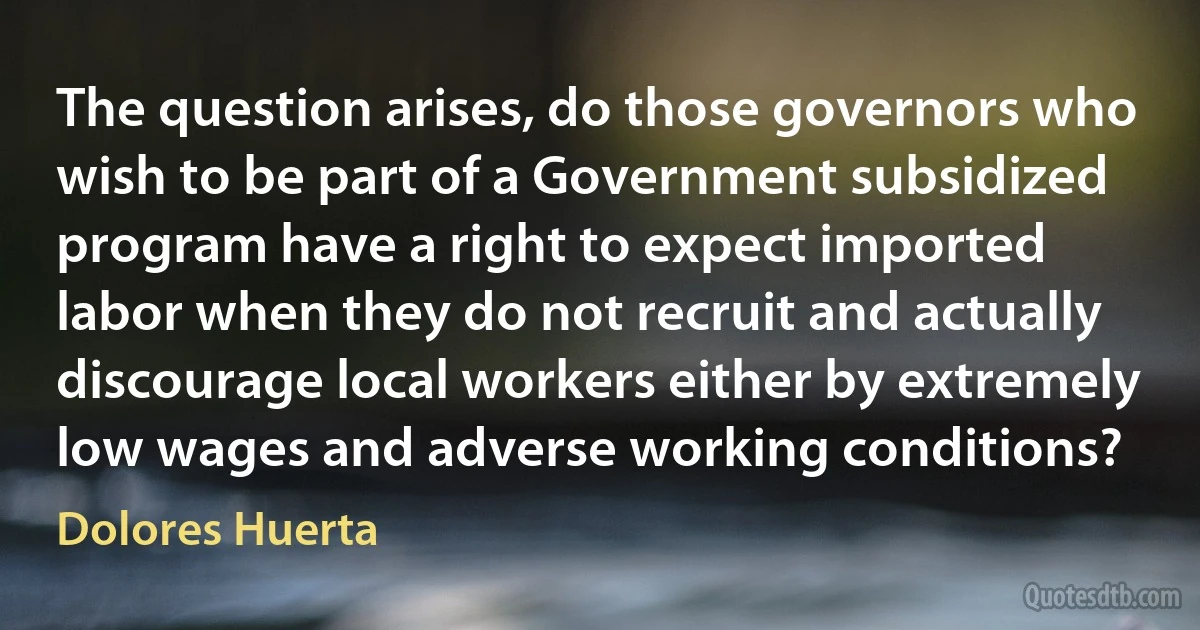Local Quotes - page 43
When I first met him, we had dinner together, and he said, "Well, you know, 25 percent of these kids are never going to be anything. They're never going to amount to anything. And I'm not throwing money at it.” And I was like, "Wow! You know, even if you believe that, you can't say that to me.” So, I just watch how he has used black and brown and poor children as props to push an agenda that is all about privatization and all about so-called accountability, but it's really the status quo, because once schools get put on probation here in Chicago, the Chicago Public Schools takes over, takes away the democratically controlled local school councils, takes that power away from them to hire and fire and evaluate principals and to spend discretionary funds. So, we see this culture of punishment and culture of disinvestment, and it is rampant and obviously spreading throughout the country.

Rahm Emanuel
People are always shocked when they ask me what I plan to do about crime as governor and my answer comes back as "Nothing!" Does the issue of crime need to be addressed? You bet it does. But, just as with many other social issues, I don't think that legislation is the most effective arena in which to fight crime. We already have tons of laws on the books. Most of those laws would work more effectively if we just enforced them better.
As governor, there isn't a lot I can do beyond that to crack down on crime. Law enforcement is really a local issue. It's the cops' job to tighten down on criminals.
Politicians always like to say "I'm gonna fight crime!" because it makes them sound great and gets them votes. But what can a politician do to fight crime?

Jesse Ventura
The John Ziegler Show is the first local, nonsyndicated late-night program that KFI has aired in a long time. It's something of a gamble for everyone involved. Ten o'clock to one qualifies as late at night in southern California, where hardly anything reputable's open after nine.

David Foster Wallace
Jinnah's Pakistan died on March 26, 1971, with East Bengal drowned in blood. Two senior West Pakistanis had, to their credit, resigned in protest against what was about to happen. Admiral Ahsan and General Yaqub left the province after their appeals to Islamabad had been rejected. Both men had strongly opposed a military solution. Bhutto, on the other hand, backed the invasion. "Thank God, Pakistan has been saved,” he declared, aligning himself with the disaster that lay ahead. Rahman was arrested and several hundred nationalist and left-wing intellectuals, activists, and students were killed in a carefully organized massacre. The lists of victims had been prepared with the help of local Islamist vigilantes, whose party, the Jamaat-e-Islami, had lost badly in the elections. Soldiers were told that Bengalis were relatively recent converts to Islam and hence not "proper Muslims”-their genes needed improving. This was the justification for the campaign of mass rape.

Tariq Ali
In the first place I urge upon you a full recognition of the magnitude of the evils with which we have to deal; in the second place I insist on the right of those who suffer to redress (cheers); and in the third place I assert the duty of society as a whole to secure the comfort and welfare of all its individual members. As a consequence of this, I desire to submit to you that it belongs to the authority and to the duty of the State-that is to say, of the whole population acting through their chosen representatives-to utilise for this purpose all local experience and all local organisation, to protect the weak, to provide for the poor, to redress the inequalities of our social system, to alleviate the harsh conditions of the struggle for existence, and to raise the average enjoyments of the majority of the population. (Loud cheers.)

Joseph Chamberlain
Fascism, like socialism, was rooted in a market society that refused to function. Hence, it was worldwide, catholic in scope, universal in application; the issues transcended the economic sphere and begot a general transformation of a distinctively social kind. It radiated into almost every field of human activity whether political or economic, cultural, philosophic, artistic, or religious. And up to a point it coalesced with local and topical tendencies. No understanding of the history of the period is possible unless we distinguish between the underlying fascist move and the ephemeral tendencies with which that move fused in different countries.

Karl Polanyi
But my business associates and I also lived with federal, state and local rules that were all passed with the objective of helping employees, protecting the environment, raising tax dollars for schools, protecting our customers from fire hazards, etc. While I never doubted the worthiness of any of these goals, the concept that most often eludes legislators is: `Can we make consumers pay the higher prices for the increased operating costs that accompany public regulation and government reporting requirements with reams of red tape.' It is a simple concern that is nonetheless often ignored by legislators.

George McGovern
Stalin, through Pravda, openly advised the local organs not to give them [the opposition] work. In a country where the sole employer is the state, this means death by slow starvation. The old principle: who does not work shall not eat, has been replaced with a new one: 'who does not obey shall not eat.'

Leon Trotsky
The recent local elections revealed concern about the quality of some public services which the Government will need to weigh carefully in the coming consideration of our national spending priorities. As people become personally better off their expectations of services naturally rise too and we need to take this into account. ... We should continue to aim at a further reduction in the level of taxation. But many of our supporters will be looking for us to strike a balance in terms of the realities of 1986.

Douglas Hurd
Burchill divides up the chosen people into Good Jews (hardliners, Israelites) and Bad Jews (liberal Jews) with the enthusiasm of an antisemite. Hilariously, she sets herself up as the Jewishness Police, railing against Jews who are not Jewish enough; and one of those, it turns out, is her local rabbi, Elli Tikvah Sarah. Burchill rails against the rabbi for, in this order: ignoring a bottle of champagne Burchill gave her in favour of elderflower wine made by the rabbi's girlfriend; "canoodling" with said girlfriend ("a Sapphic free-for-all", sneers the heretofore not exactly prudish Burchill), and advocating a dialogue with Islam.
Burchill doesn't include this in the book but, according to Rabbi Sarah, Burchill emailed the synagogue's congregants railing that "your rabbi respects PIG ISLAM". Aww, being used as a launchpad for a British columnist's racism – we're living in the Promised Land now, fellow Jews!

Julie Burchill
We need to attract and retain better teachers to remote schools. And we need to empower remote community leadership that's ready to take more responsibility for what happens there. The objective is not to dictate to the states their decisions about teachers' pay but to work with them so that whatever they do is more effective. It's not to impose new rules on remote communities but to work with local leaders who want change for the better.

Tony Abbott
President Trump claims the election was stolen.
The assertions range from specific local allegations to constitutional arguments to sweeping conspiracy theories.
I supported the president's right to use the legal system. Dozens of lawsuits received hearings in courtrooms all across our country, but over and over, the courts rejected these claims, including all-star judges whom the president himself has nominated.

Mitch McConnell
Is it not quite possible that the farmers and the promoters of the great mining and manufacturing enterprises which have recently been established in the South may yet find that the free ballot of the workingman, without distinction of race, is needed for their defense as well as for his own? I do not doubt that if those men in the South who now accept the tariff views of Clay and the constitutional expositions of Webster would courageously avow and defend their real convictions they would not find it difficult, by friendly instruction and cooperation, to make the black man their efficient and safe ally, not only in establishing correct principles in our national administration, but in preserving for their local communities the benefits of social order and economical and honest government. At least until the good offices of kindness and education have been fairly tried the contrary conclusion can not be plausibly urged.

Benjamin Harrison
You see, when a nation threatens another nation the people of the latter forget their factionalism, their local antagonisms, their political differences, their suspicions of each other, their religious hostilities, and band together as one unit. Leaders know that, and that is why so many of them whip up wars during periods of national crisis, or when the people become discontented and angry. The leaders stigmatize the enemy with every vice they can think of, every evil and human depravity. They stimulate their people's natural fear of all other men by channeling it into a defined fear of just certain men, or nations. Attacking another nation, then, acts as a sort of catharsis, temporarily, on men's fear of their immediate neighbors. This is the explanation of all wars, all racial and religious hatreds, all massacres, and all attempts at genocide.

Taylor Caldwell
On local media networks: Inquirer, mga bullshit kayo, pati 'yang ABS-CBN, basura 'yang inano ninyo. Dapat may magsabi sa inyo ngayon, mga putang ina ninyo, sinobrahan 'nyo ang kalokohan ninyo. (Inquirer, you're bullshit, also ABS-CBN, what you report is trash. Someone should tell you, you sons of bitches, you're going overboard with your nonsense.)

Rodrigo Duterte
the battle for liberty happens at all levels, federal, state and local
My friend Glenn Jacobs not only made a name for himself in the world of WWE, but for years has labored as a community activist eager to bring more freedom and prosperity to as many people as possible.
his small government and pro-liberty philosophy of government – on education, the economy, regulation, taxes and more – is exactly what we need more of in our politics
It's why I think Glenn would be an excellent choice for mayor of Knox County.

Rand Paul
Dictators have also been overthrown by foreign invaders working in concert with local rebel armies. Idi Amin of Uganda was as disturbingly clever as dictators go. He once wore a kilt to a royal funeral in Saudi Arabia and he is alleged to have sent President Richard Nixon a "Get Well Soon" card after the Watergate scandal broke. He was also a horrifyingly brutal tyrant. In October 1978 Amin invaded the neighboring country of Tanzania. The Tanzanian army joined forces with Ugandan rebels and, in April 1979, drove Amin out of Uganda and replaced him with the equally dictatorial Milton Obote. Yoweri Moseveni has ruled the country since 1986. To describe Uganda in the twenty-first century as a "shaky democracy" would be polite.

Idi Amin
Aurangzeb's orthodoxy cannot, of course, be entirely denied. Therefore, explanations upon explanations – secular explanations! – are invented...The general conclusion: what Aurangzeb did ‘was a setback to the policy of broad toleration followed by his predecessors'! And even he did it for secular reasons! And even though compelled by these reasons, he did it only for the shortest time, for the years marked by hostilities instigated by ‘local elements'! ... However, there is little mystery. For there are two pillars of progressive history writing in India: first, to fabricate evidence which will establish Hindus to be intolerant; second, to respect and show an empathetic understanding of Islamic communalism. And the litmus test of whether you are committed to secular history writing is whether you are prepared to stand up for Aurangzeb!

Aurangzeb
For the past few years, the American press has been feeding the public the image of Black youth on a rampage. From the gangs called Crips and Bloods, in Los Angeles, California; the Central Park incident, to the drug sellers that are operating in the major cities along the East Coast, particularly in Washington, D.C., the image the American public gets is that when it comes to gangs, violence and drugs, that the gang leaders are Black; the violence is Black; the drug sellers are Black and the majority of drug users are Black. Our youth are being portrayed as the perpetrators of violence, and are being armed with "street sweepers," AK-47s, Uzis, MAC 10s. It is being reported that these Black youth are better armed than the local police.

Louis Farrakhan
In divided Germany you had liberal democracy versus communism. In divided Korea it's moderate versus radical Korean nationalism, a difference of degree inside one big ideological community. It's a huge difference, of course, but moderates always feel a certain admiration for radicals in all ideologies and religions. This admiration has been reflected in movies here that show North Korean women as purer, more chaste, and North Korean men as more resolute, handsome, and cooler than their South Korean counterparts. This year we have seen North Korean defectors appear in films as criminals or even murderers, which is in line with how the local press has long treated defectors as bad elements.

Brian Reynolds Myers



